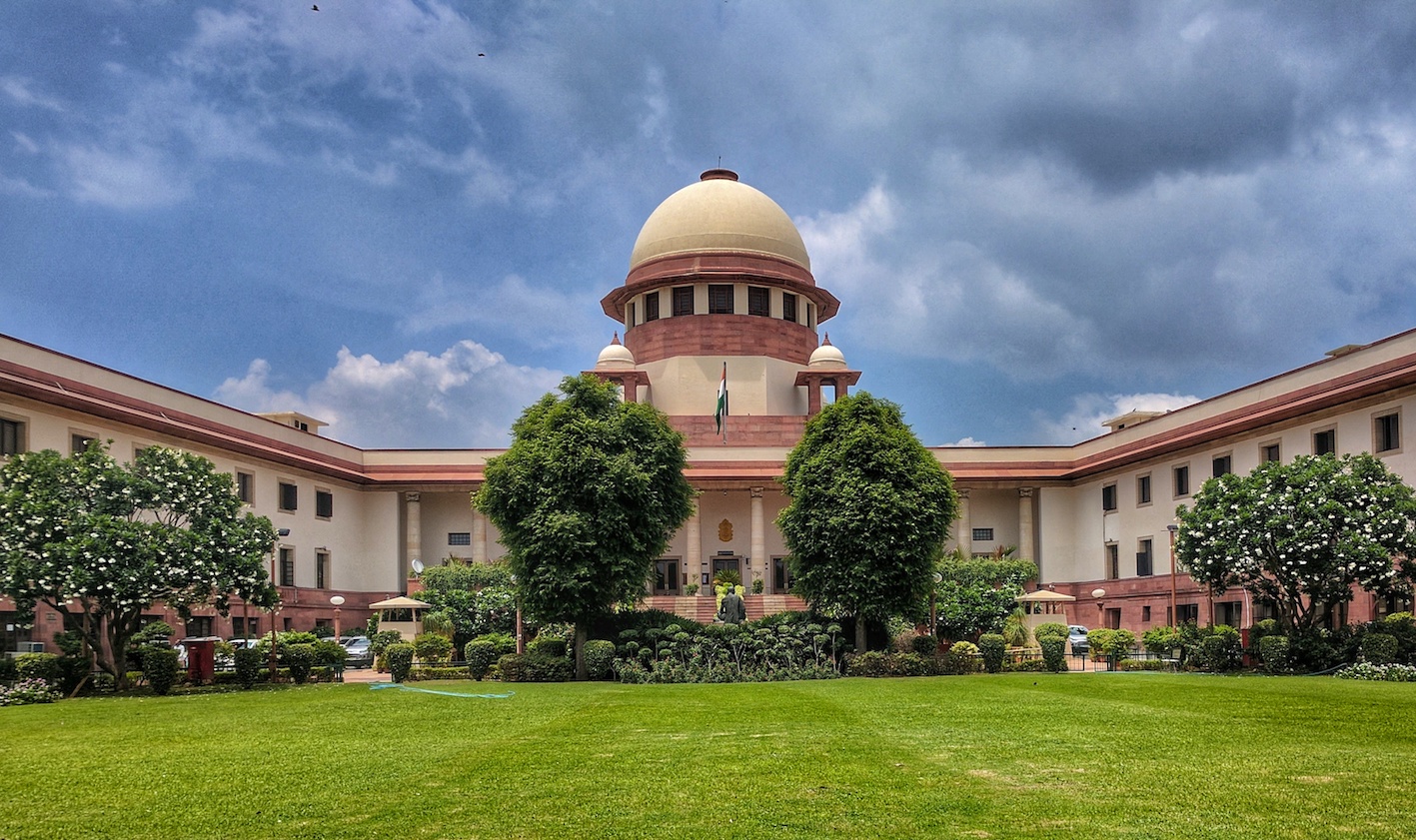Selective disclosures to the media affect rights of the parties: Supreme Court of India
In an application made by the relatives of the accused for the grant of Anticipatory Bail in the case of dowry death was rejected by the Supreme Court of India, it further was of the opinion that limited disclosures made to the media affect the rights of the accused and the rights of the victims. This was laid down by J. D.Y. Chandrchud, J. Indu Malhotra & Indira Banerjee in the case of Dr. Naresh Kumar Mangla Vs. Anita Agarwal & Ors., [Criminal Appeal Nos. 872-873 of 2020].
The brief facts of the case are that an Application for Anticipatory Bail under Section 438 of CrPC was filed by the relatives of the accused for the case of dowry death. After marriage between the husband (i.e. the accused and the person in custody) and the deceased wife an FIR was filed by the wife that the marriage took place on the grounds of dowry paid of Rs. 1.50 crores. The deceased further filed complaints with the authorities that more money was demanded and repeated assaults that she suffered from the accused and his relatives which caused her two miscarriages. She alleged that after the marriage on different occasions she paid money to his family through cheques as and when they demanded. As a result of these events the wife suffered an unnatural death by an alleged suicide. The Police authorities took the husband in custody but an Anticipatory Bail Application was filed by the relatives in the High Court of Allahabad and the Court allowed the Application and granted the relatives anticipatory bail. An appeal was made against the order of the High Court by the father of the deceased.
The Supreme Court analyzed the evidence and material placed on record which proved the demand of dowry and assaults on the accused at different occasions. Further, the Supreme Court analyzed the reasoning of the High Court and set aside the order of grant of anticipatory bail of the relatives, and stated that, “The FIR contains a recital of allegations bearing on the role of the accused in demanding dowry, of the prior incidents of assault and the payment of moneys by cheque to the in-laws of the deceased. The FIR has referred to the telephone calls which were received both from the father-in-law of the deceased on the morning of 3 August 2020 and from the deceased on two occasions on the same day- a few hours before her body was found. The grant of anticipatory bail in such a serious offence would operate to obstruct the investigation. The FIR by a father who has suffered the death of his daughter in these circumstances cannot be regarded as “engineered” to falsely implicate the spouse of the deceased and his family.”
The Supreme Court with respect to news reported by the Media was of the opinion that, “The sequence in this case appears to follow familiar patterns. Immediate publicity was given to the alleged suicide note. These examples are now becoming familiar. Selective disclosures to the media affect the rights of the accused in some cases and the rights of victims’ families in others. The media does have a legitimate stake in fair reporting. But events such as what has happened in this case show how the selective divulging of information, including the disclosure of material which may eventually form a crucial part of the evidentiary record at the criminal trial, can be used to derail the administration of criminal justice. The investigating officer has a duty to investigate when information about the commission of a cognizable offence is brought to their attention. Unfortunately, this role is being compromised by the manner in which selective leaks take place in the public realm. This is not fair to the accused because it pulls the rug below the presumption of innocence. It is not fair to the victims of crime, if they have survived the crime, and where they have not, to their families. Neither the victims nor their families have a platform to answer the publication of lurid details about their lives and circumstances.”

